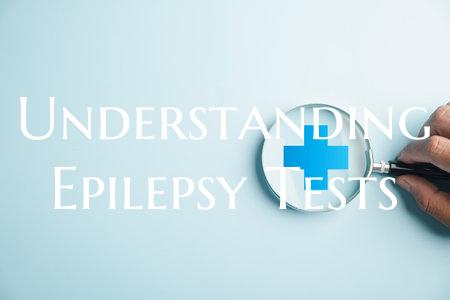
Understanding Epilepsy Tests
Epilepsy is a neurological disorder characterized by recurrent seizures. Various tests are available to diagnose and monitor epilepsy, helping healthcare providers determine the best treatment plan for each individual. Understanding epilepsy tests is essential for those affected by the condition and their loved ones.
1. Electroencephalogram (EEG): One of the primary tools for diagnosing epilepsy, EEG measures electrical activity in the brain. During an EEG test, electrodes are placed on the scalp to record brain waves. Specific patterns seen on an EEG can indicate epilepsy and help identify the type of seizures a person may be experiencing.
2. MRI (Magnetic Resonance Imaging): An MRI scan provides detailed images of the brain and can help identify any structural abnormalities that might be causing seizures. MRI is often used to rule out other conditions that could be mistaken for epilepsy.
3. CT Scan (Computed Tomography): Similar to an MRI, a CT scan produces detailed images of the brain. It is useful in identifying any structural issues, such as tumors or bleeding, that could be related to epilepsy.
4. Blood Tests: Blood tests may be done to check for underlying conditions, such as infections or metabolic disorders, that could be triggering seizures. Blood tests can also help monitor medication levels in the bloodstream to ensure the effectiveness of epilepsy treatment.
5. Video EEG Monitoring: This test combines video recording with EEG monitoring to capture a person's behavior during seizures along with the corresponding brain activity. Video EEG monitoring can help confirm a diagnosis of epilepsy, determine seizure types, and assess the effectiveness of treatment.
6. Neuropsychological Testing: This type of testing evaluates cognitive function, memory, language skills, and other brain functions that may be affected by epilepsy. Neuropsychological testing can help healthcare providers understand how epilepsy is impacting a person's cognitive abilities and quality of life.
7. Genetic Testing: In some cases, genetic testing may be recommended to identify specific gene mutations that could be linked to epilepsy. Understanding the genetic factors contributing to epilepsy can help guide treatment decisions and provide valuable information for family members.
By undergoing these various tests, individuals with epilepsy can receive an accurate diagnosis, personalized treatment plan, and ongoing monitoring to manage their condition effectively. It is important for individuals with epilepsy to work closely with their healthcare team to ensure comprehensive care and support for their unique needs.